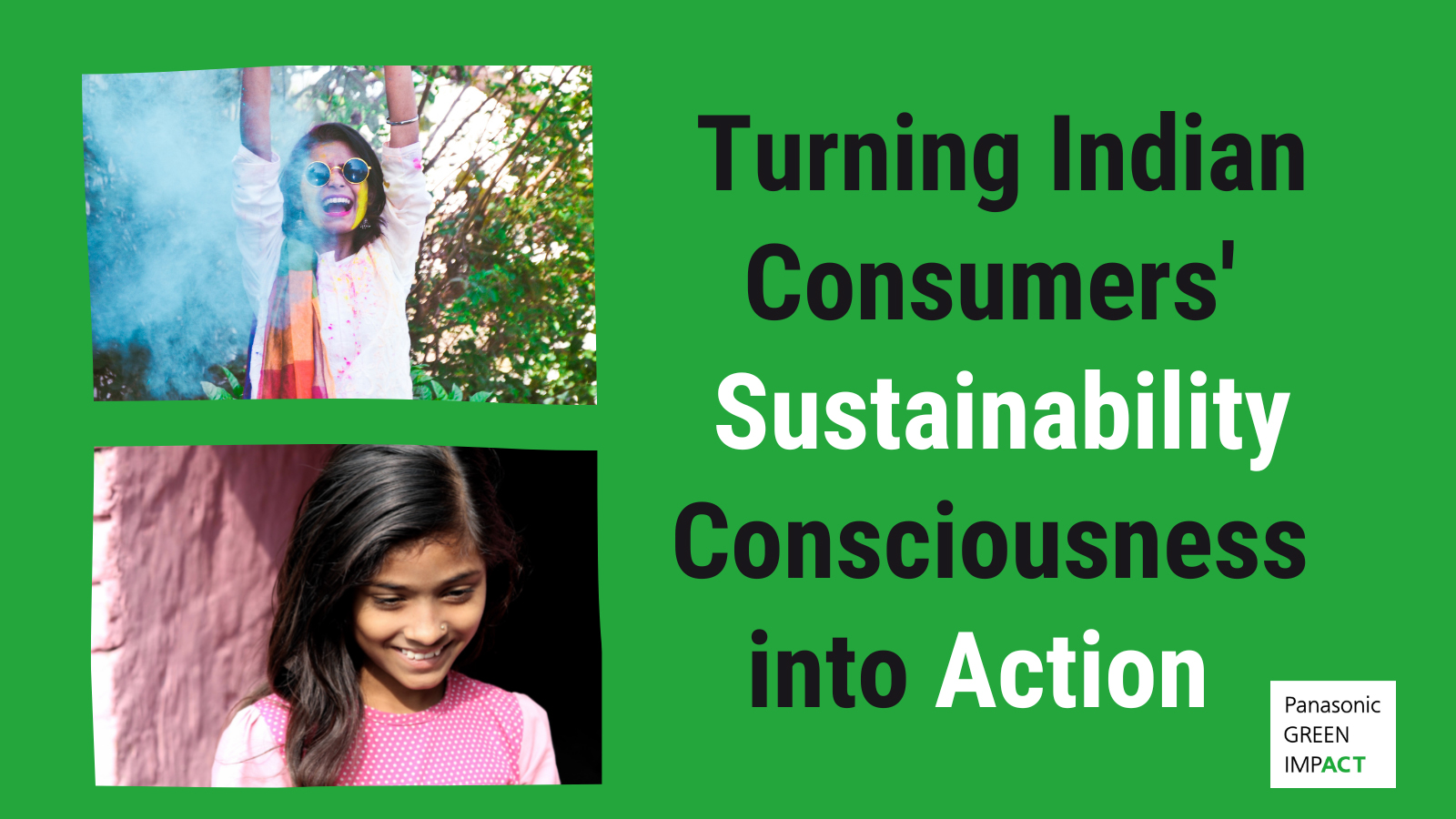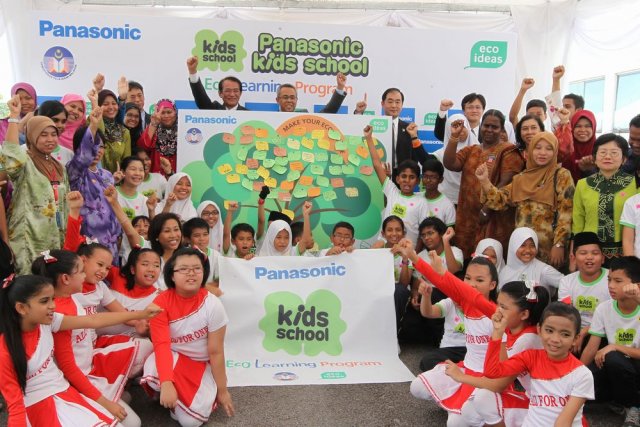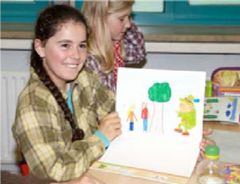
Dec 13, 2022
- Sustainability
- Feature Story
- Panasonic GREEN IMPACT
- India, Middle East and Africa

Through its Kids school Eco Learning Program, Panasonic is offering opportunities for environmental education to children around the world to help nurture global sustainable leaders of tomorrow. Here, we would like to share some of the activities conducted in various regions, which have been carried out in Panasonic's 2011 fiscal year.
On October 18, 2011, an environmental education class on "Energy creation and Energy Storage to Change Our Future" was held at Isbell Elementary School in Frisco, Texas. Over 120 students in 4th grade attended as a part of their science curriculum. "While our students learn about the different ways to store energy, they usually never get the opportunity to see the technology we speak of. When SANYO/Panasonic's Eco Education Program entered the classroom the students were immediately engaged, and they finally were able to see the real technologies how SANYO/Panasonic are revolutionizing the way we create, store and use energy, said Ms. Julia Perry, one of Isbell's 4th grade teachers.
The Eco Learning Program (ELP) and a hybrid car craft workshop were held at the Panasonic showroom in Sao Paulo, Brazil on August 9. Twenty children were divided into two groups and learned about global warming in the ELP session. The children showed great interest as they listened to the instructor, and voluntarily raised their hands and offered their input. Some of them spoke of things about the global environment they had learned from their parents and siblings. The children offered many cute comments including, "I never expected to be able to make something so cool from this paper," and "It's great to make a car out of paper! I want to make another one at home."
Panasonic first began promoting environmental education activities for children in China in June 2009. In order to further accelerate these activities, Panasonic's Environmental Affairs Promotion Office held training sessions last autumn in six different Chinese locations to teach employees lectures about the five modules of the ELP. As a result of such initiatives, the Panasonic Group in China has now provided environmental education to approximately 160,000 children throughout China as of February, 2012.
In October and November, Panasonic Vietnam held Eco Learning Program sessions for 832 students from eleven elementary and secondary schools in Hanoi city at the Panasonic Risupia Vietnam and at their schools. Some students commented that although they had not thought about it much before, after attending the program, they became more aware that environmental issues were a growing concern and a serious problem for everyone around the world.


After Learning about Climate Change, Children Create an Eco Picture Diary
Panasonic Germany (PDE) was the first in Europe to launch 'kids school - eco learning'. With support from the top management, PDE uploaded information about the program in its internal communication system, produced posters, and held workshops for employees. Additional, ten employees have promoted the program to schools directly. As a result, over 25,000 children have participated in the program as of January, 2012.
The content in this website is accurate at the time of publication but may be subject to change without notice.
Please note therefore that these documents may not always contain the most up-to-date information.
Please note that German, French and Chinese versions are machine translations, so the quality and accuracy may vary.